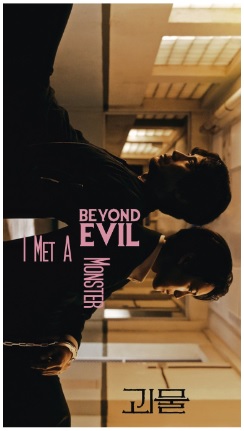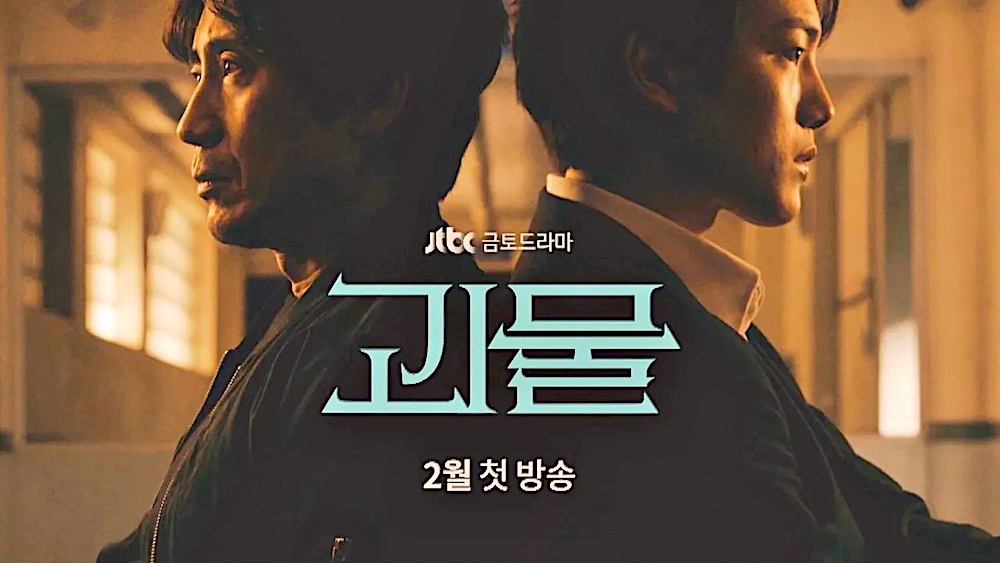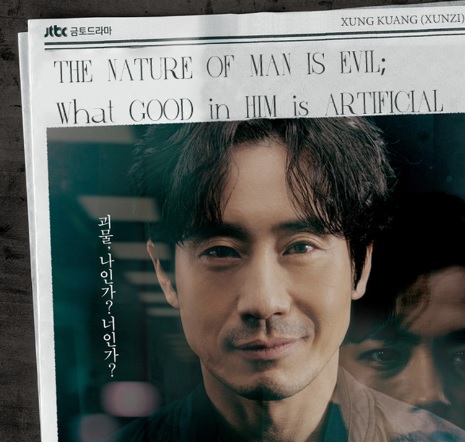Growing up in the ’90s has impacted my psyche to love TV series with limited episodes/seasons instead of the daily soap. Be it Karamchand, Circus, Mr. Yogi, Byomkesh Bakshi, and so on. I know they had one episode per week, but that exactly has made its roots in my outlook towards the series.
I took to liking the Hollywood series, but lately, they have started to trade less on the story and invest more in prolonging the number of seasons. That’s where Korean Drama helps me fill that void compared to the plethora of pathetic TV soaps in India (web series included). The US series has become way too predictable to watch. By predictable, I mean lacking creativity. I do not wish to defend Kdramas; they are with flaws, some are outright riddled with flaws, but they have their uniqueness.
Many Kdramas are picked from hit webtoons with their own culture and a realm blooming from the Manga/manhwas. Their creativity has not bound by being webtoons; ideas come from the oddest of situations. Very ordinary people write /draw webtoons, bringing a very fresh outlook to the mix. Apart from these, regular writers also write amazing stories, astonishingly refreshing, especially when it comes to blending the traditional Korean culture, Hollywood influence, local myths, etc. Added to all this, they have their period dramas, where the authors take scandalous freedom on their kings and queens, yet no Sena claims their noses or heads. Audiences are well prepared and educated enough to know separate reels and real history.
Like any other country, Korea also loves serial killer dramas. I usually wait for the series to end and then binge-watch it, but I could not hold myself with this ‘Beyond Evil’ series. With 16 episodes, it weaves great characters which play along the thriller/police drama lines. The Drama has this lingering gloom from the past. In the past, a gruesome serial killer who is never caught has left this small town totally scarred. Every soul has the aftermath of those murders etched on it. Into such a cloudy town, we, as an audience, enter to experience the gloom.
 This series has quite a stellar star cast with lead shouldered by actor Shin Ha-Kyun. He is troubled by his past: he was held responsible for his sisters’ gruesome disappearance. Only fingertips laid out on their family porch are found. 20 years later, he is still trying to resolve the case living as the town’s crazy detective, supported by his then friends, who are under constant suspicion. All live a mundane life, but each one has a scar from the past and suspect each other yet somehow only trust each other. The why and how we learn as the series progress.
This series has quite a stellar star cast with lead shouldered by actor Shin Ha-Kyun. He is troubled by his past: he was held responsible for his sisters’ gruesome disappearance. Only fingertips laid out on their family porch are found. 20 years later, he is still trying to resolve the case living as the town’s crazy detective, supported by his then friends, who are under constant suspicion. All live a mundane life, but each one has a scar from the past and suspect each other yet somehow only trust each other. The why and how we learn as the series progress.
In this town enters a new character, played by the rising Korean star Yeo Jin-goo, though very young for his age, has already showcased some great acting in his early works. Jin-goo’s character is a demoted detective who, as punishment, is sent off to this village by his father, who is in line to be the next Chief of the national police. Jin-goo, though, being young in service, has a higher post to our lead Ha-Kyun. Here we expect these characters to balance each other, but that’s the fallacy; each has his own crazy scale. Shin Ha Kyung, known for his excellent acting and paring him with Jin-goo, makes it worth watching.
The two actors, despite their age difference, show great chemistry. As the series progresses, you notice no good character you want to cheer for; everyone is flawed. By the time you are drawn in by the characters, another murder occurs, a ditto copy of what happened 20 years ago. This renders chaos, and we as the audience see, layer after layer being painful peeled off.
Watching it may make one feel, the series is about catching the culprit, but that’s not it. The first half of this series plays heavily on emotions and has strong thriller tones. We all get sucked into horror of the string of new murders. These murders are totally unrelated to the past but yet carry that strong mark of the aftermath.
Despite a simple story, the many twists layers make it enjoyable with no cliche trope. Midway in the series, you have your serial killer caught, that’s when you expect catharsis, but none is offered. Nada! And from there on, the nuanced performances of all the actors, especially the leads, takes the series to another level. The second half of the series transitions into a police drama, where each layer is peeled off, bringing forth the question of who exactly is evil?
Your notions of evil are tested; your bias towards character and actions makes you question how you will define evil. The rest half of the series guides you to a satisfying end where all the threads are brought to a logical end, yet you are left wondering what/who evil is. Here I must mention another character, a mother to the other character, played wonderfully by Kil Have Yeon. She plays this loving, protective mother and town’s elected council member. She owns this character, and in every scene, she makes you hate her through her performance. Nowhere she plays the evil, but just that loving mother, who can take any measure to protect her son. That performance by Kil Hae-Yeon is worth watching.
The best part of the writing is how the lead characters react with each other. Through the series Ha-Kyun and Jin-goo are at odds with each other; they loathe each other, justify their reasons. As an audience, you keep betting they will get along soon. You start cheering for them to get along; like a spider’s prey, you are drawn into the web. You almost see that they are getting along, but that does not happen. This makes their relationship even more endearing. Another motif that I feel the writer subtly lays is growing up. The newly demoted young Jin-goo, who knows law by heart, is naive and green when it comes to people, while the veteran Ha-Kyun is still lost in his past and has forgotten to grow since then. Each character walks a well-defined path, struggles with the growth, resists it, and finally accepts it.
There is no romance, just a simple story, brilliantly written and even so more executed in those 16 episodes, exceeding all expectations and goes beyond a tale of forgiveness and healing.














Considering squid game, Korean Tv seems to be here to stay ! In terms of style however Korean TV is more hollywoodish, something like ‘three billboards’ , trying to embrace a slow burn style, in that sense they are becoming recitative
Considering squid game, Korean Tv seems to be here to stay ! In terms of style however Korean TV is more hollywoodish, something like ‘three billboards’ , trying to embrace a slow burn style, in that sense they are becoming recitative !!
Series produced by Netflix are with hollywood ‘feel’, and its success (monetary) is pulling lot of other studios to encash the same formula. There are many other factors which contribute towards this style, but large chunk of stories that are picked, come from webtoons, or Manhwas.
True , but when all series start having the same feel, even the smaller productions will copy the style. Similar thing happened with Japanese cinema/tv, they had a plethora of distinctive styles and themes. However success of the samurai genre, stylistically and thematically overpowered all other types. Now to experience good Japanese stories we have to go back to the 70 and 80s . Hopefully, Korean dramas don’t go the same route
Like Hindi movies are remake of south blockbusters, TV dramas have been dominated by Saas Bahu. Apart from many other factors money making takes lead in decision to make such dramas. Thats true for entertainment industry all over world. 20-30 years ago S.Korean movies (mainstream) were rehashed hollywood movies minus the money and good acting. But then post 2005-2010-ish they found new formula to tell local korean stories which became hugely popular. I see all these as progressions, waves which are inevitable.
The Kdramas that are gainging popularity are ‘manufactured’ by Hollywood finances, so atleast another 2-3 years this trend will continue (as projects for said period are already in work)
As audiences we need to learn ‘Neer Ksheer Vivek’